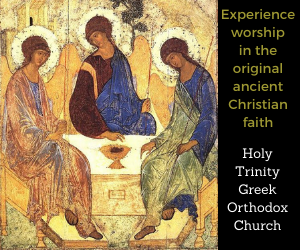Recent Comments
William John Meegan on Ask A Buddhist: Understanding Buddhist titles
Walter Hesford on Gender non-conforming individuals in Spokane feel burned by Christians
Hunter Hunter on How Christmas Movies Have Dramatically Changed Over The Last 20 Years
Lisa Ormond on Tesla owners speak out to balance the narrative
Lisa Ormond on Washington Governor may reinstate clergy as mandatory child abuse reporters — no exemptions
Lisa Ormond on Student navigates religious conference despite personal doubts
Idaho Catholic youth lament Pope Francis’ passing

Idaho Catholic youth lament Pope Francis’ passing

Hearts across the Inland Northwest mourn the loss of Pope Francis

Washington Governor may reinstate clergy as mandatory child abuse reporters — no exemptions #news
SB 5375 revives a long-abandoned policy and stirs emotional debate ...
Sponsored Posts











